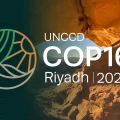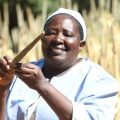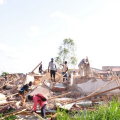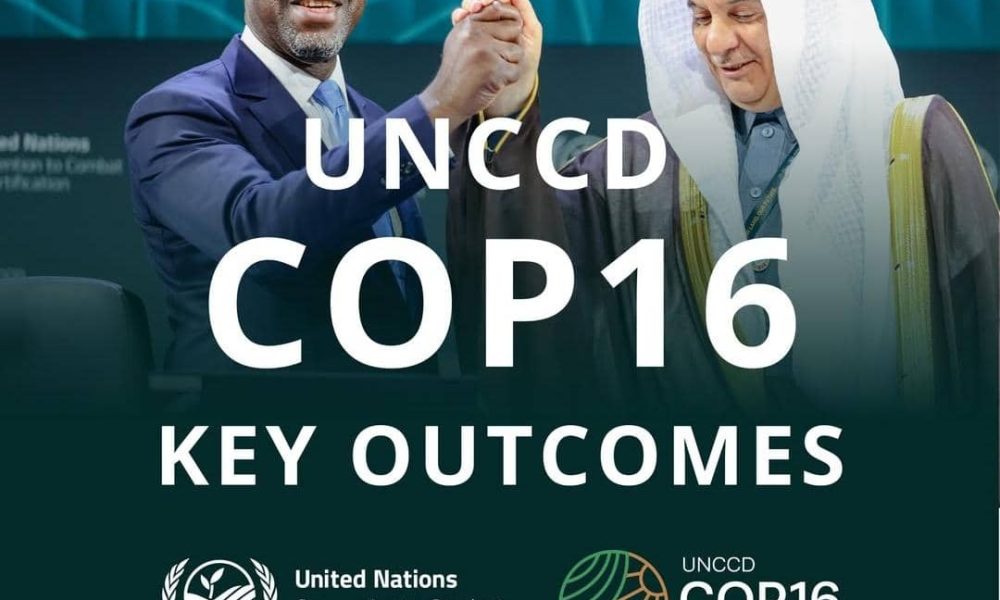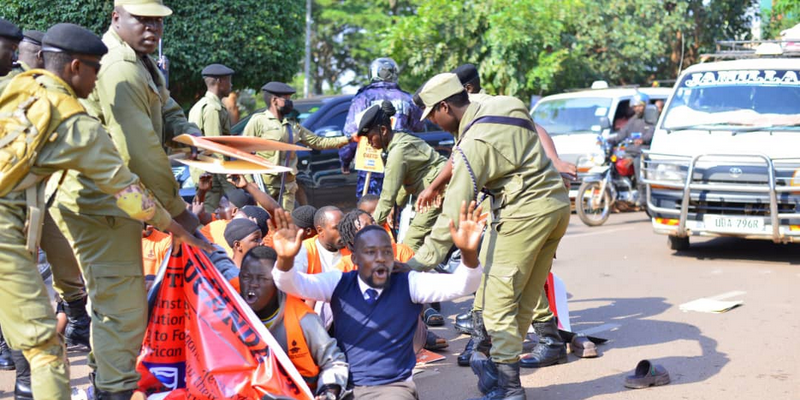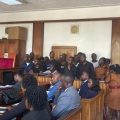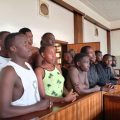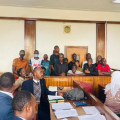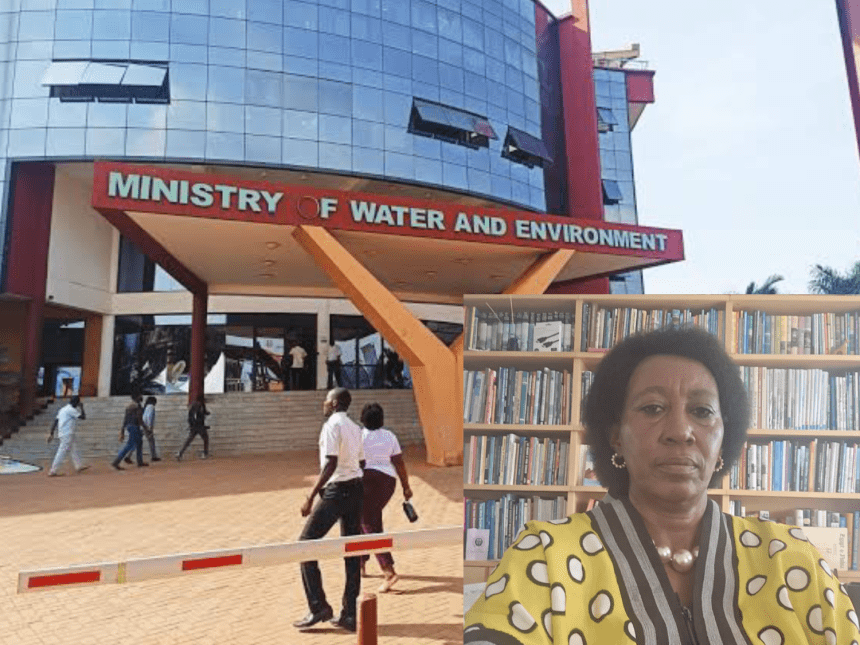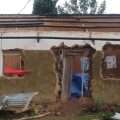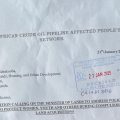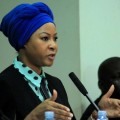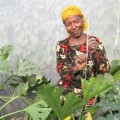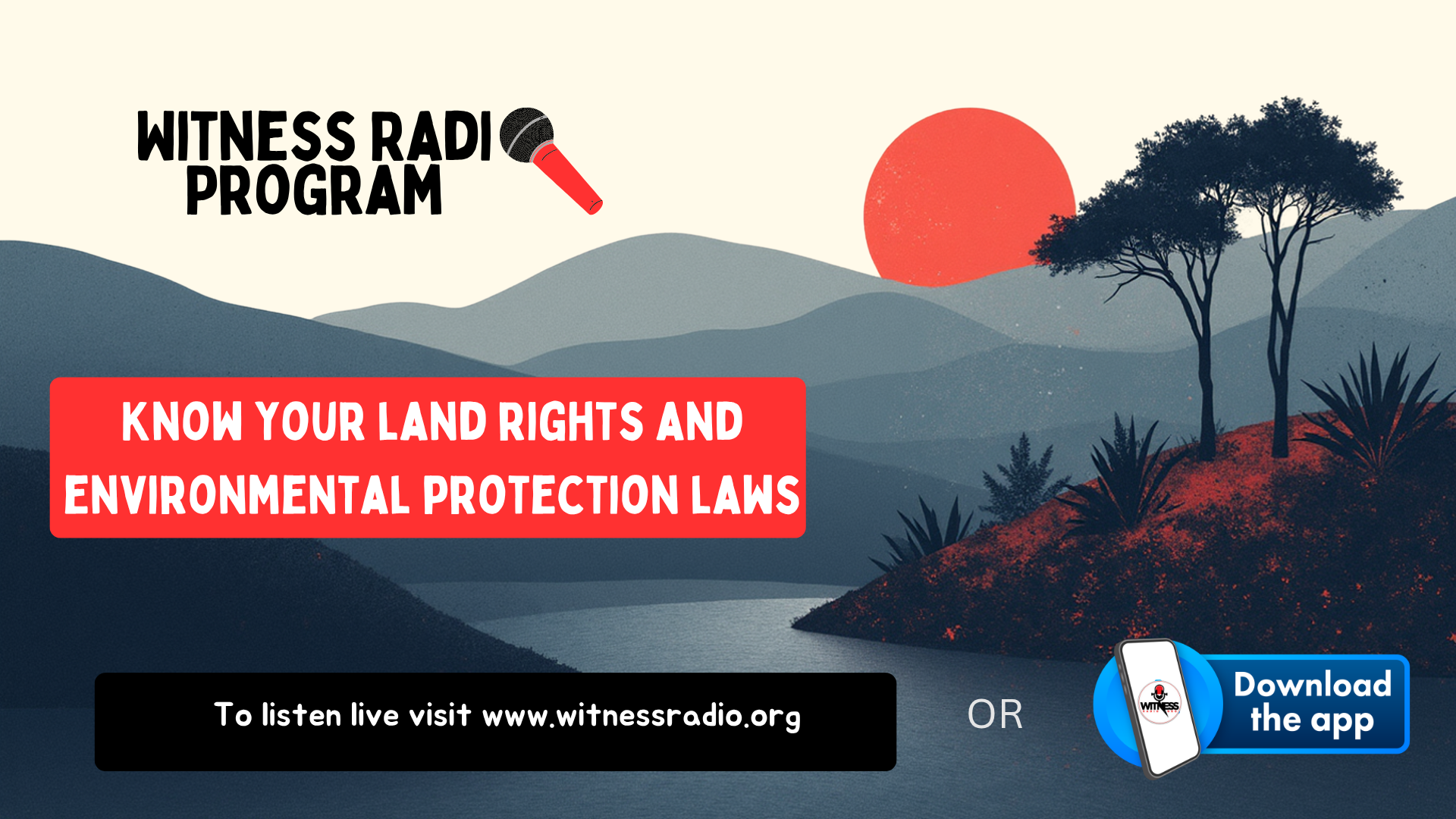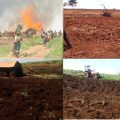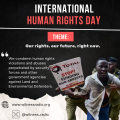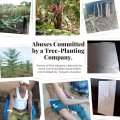The 16th Conference of the Parties (COP16) to the United Nations Convention to Combat Desertification (UNCCD) has concluded in Riyadh, marking the largest and most inclusive conference in the organization’s history.
With over 20,000 participants, including global leaders, scientists, private sector representatives, and civil society groups, the conference laid out bold strategies to address land degradation, drought, and desertification.
The highlight of the conference was the announcement of the Riyadh Global Drought Resilience Partnership, which secured $12.15 billion in pledges to support drought-affected regions in 80 vulnerable countries, including Uganda.
This funding aims to strengthen food security, promote sustainable land management, and protect ecosystems from the growing impacts of climate change.
For Uganda, where over 40% of the population relies on agriculture, this commitment offers hope for combating the devastating effects of prolonged droughts in the cattle corridor and other semi-arid regions.
In a move to enhance global preparedness for droughts, COP16 launched an AI-powered Drought Observatory, a groundbreaking tool designed to provide real-time data and predictive analysis.
Uganda, with its ongoing challenges in monitoring and responding to climate impacts, stands to benefit immensely from this technology, which will enable the government to anticipate and respond effectively to severe drought conditions.
This could mitigate the recurring food insecurity and water scarcity issues faced by communities in Karamoja and other drought-prone areas.
H.E. Abdulrahman Abdulmohsen AlFadley, COP16 President, in his closing remarks, stated:
“This session marks a turning point in raising awareness and strengthening efforts to restore land and build resilience. The Riyadh Declaration sends a clear message: the time for decisive action is now.”
For Uganda, this turning point is critical as the country battles desertification in key ecosystems like the cattle corridor and Lake Kyoga basin, which threaten biodiversity, agriculture, and livelihoods.
With only 6% of land restoration funding currently coming from private sources, COP16 introduced the Business for Land initiative to increase private sector engagement in land restoration.
Over 400 companies participated in discussions on sustainable finance, environmental, social, and governance (ESG) practices, and strategies to mobilize private investment for land restoration projects.
Uganda, which has already seen successful private-sector participation in conservation projects such as carbon trading and reforestation in areas like Mabira Forest, could tap into this global momentum to attract more investments for land restoration initiatives.
To promote inclusivity, COP16 placed women and youth at the forefront of the fight against land degradation. Key outcomes included:
The launch of youth-led initiatives to drive grassroots climate action.
Adoption of gender-responsive policies to ensure equitable participation in land restoration efforts.
For Uganda, these measures are especially relevant.
The country has a youthful population and strong women-led grassroots organizations that are already leading efforts to promote climate resilience through tree planting and sustainable farming practices.
The resolutions adopted at COP16 provide a framework for scaling up these local efforts while ensuring inclusivity and equitable representation.
Scientific data presented at COP16 painted a dire picture of the planet’s land resources:
77.6% of Earth’s land is drier today than it was 30 years ago.
40.6% of the planet is now classified as drylands, threatening ecosystems, food security, and livelihoods.
For Uganda, this data underscores the urgent need for action.
With parts of the country already facing desertification and reduced rainfall patterns, the findings highlight the importance of restoring degraded lands like Nakasongola and tackling deforestation in critical areas such as Mount Elgon.
As COP16 wraps up, attention now shifts to COP17, which will take place in Mongolia.
Delegates will continue discussions on establishing a global drought regime, building on the momentum and progress achieved in Riyadh.
For Uganda, the outcomes of COP16 represent a pivotal moment.
The historic commitments, technological innovations, and inclusive policies offer the country an opportunity to address its growing environmental challenges.
If implemented effectively, these resolutions could help Uganda restore its degraded lands, safeguard livelihoods, and build resilience against future climate shocks, positioning the country as a leader in sustainable land management in Africa.
Source: nilepost.co.ug
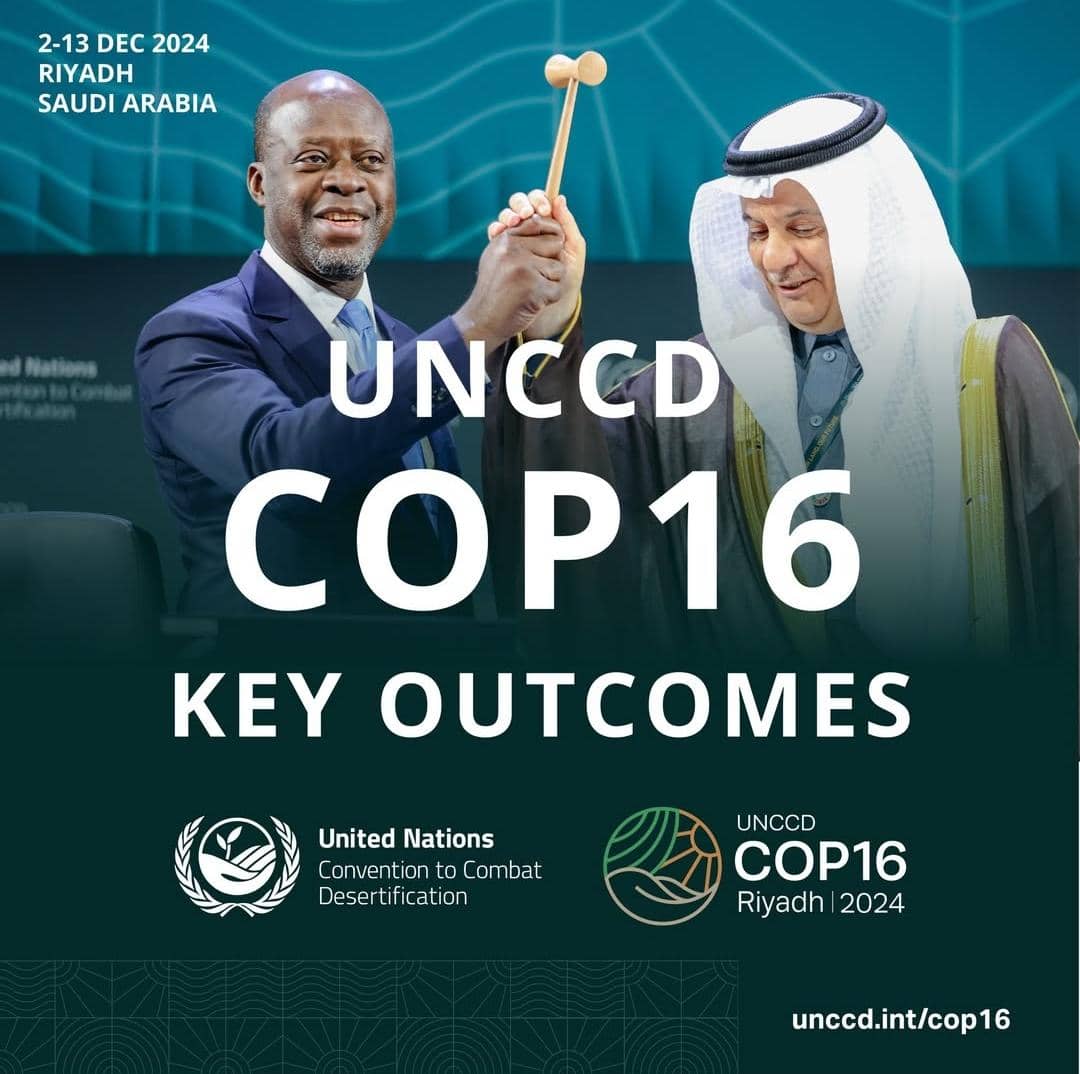
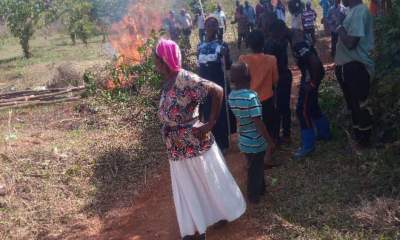
 MEDIA FOR CHANGE NETWORK1 week ago
MEDIA FOR CHANGE NETWORK1 week ago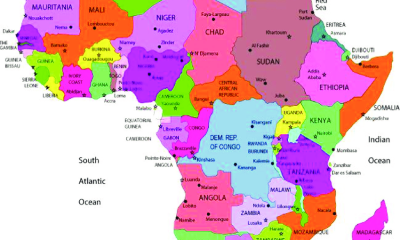
 MEDIA FOR CHANGE NETWORK2 weeks ago
MEDIA FOR CHANGE NETWORK2 weeks ago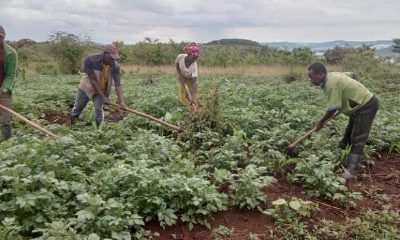
 MEDIA FOR CHANGE NETWORK2 weeks ago
MEDIA FOR CHANGE NETWORK2 weeks ago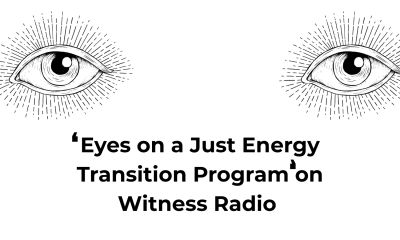
 MEDIA FOR CHANGE NETWORK1 week ago
MEDIA FOR CHANGE NETWORK1 week ago
 MEDIA FOR CHANGE NETWORK3 days ago
MEDIA FOR CHANGE NETWORK3 days ago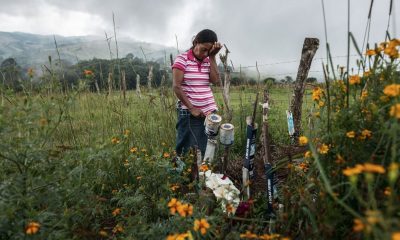
 NGO WORK2 weeks ago
NGO WORK2 weeks ago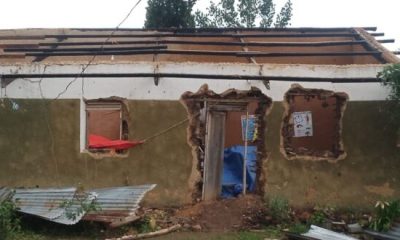
 MEDIA FOR CHANGE NETWORK1 week ago
MEDIA FOR CHANGE NETWORK1 week ago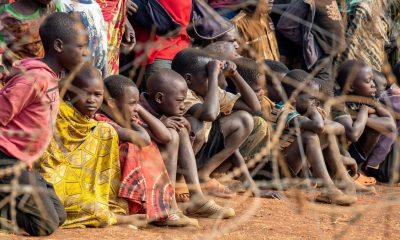
 NGO WORK2 days ago
NGO WORK2 days ago

